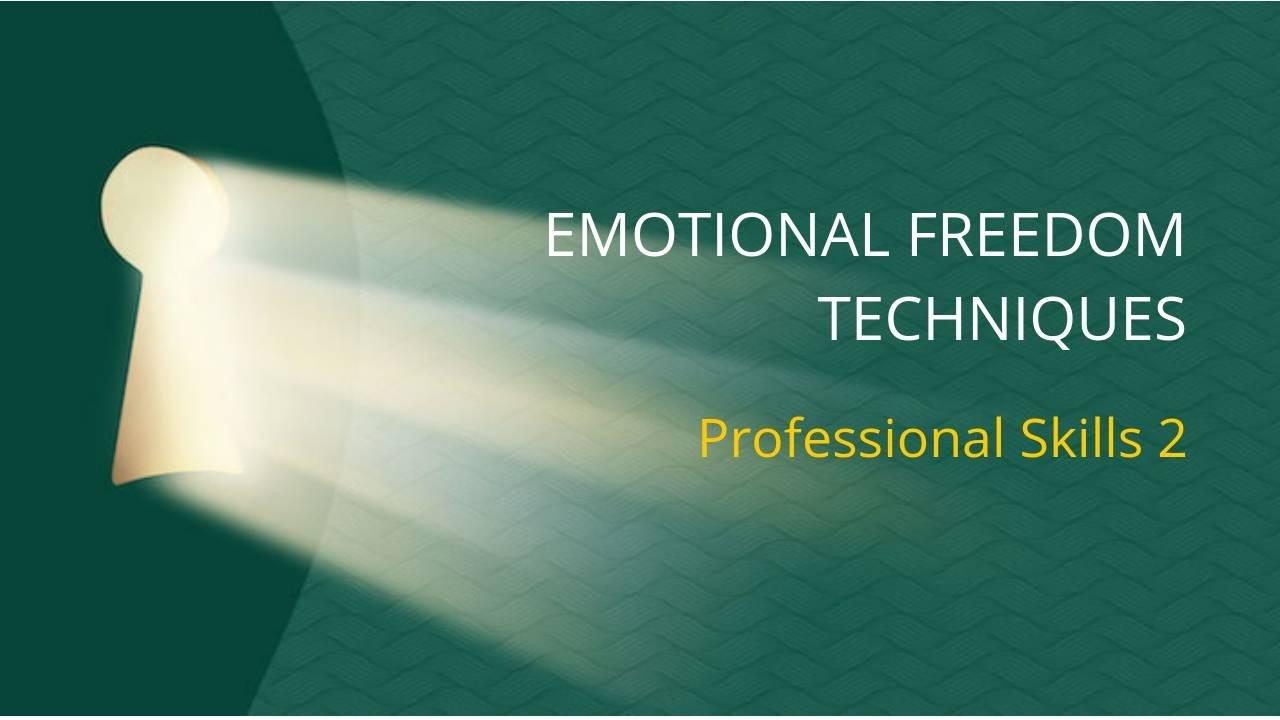
Emotional Freedom Techniques Professional Skills 2
Deepen Your Expertise
Emotional Freedom Techniques Professional Skills 2 builds on the information and skills you learned in Professional Skills 1.
You'll gain additional tools, knowledge and experience, allowing you to effectively address more complex issues.
As in PS1, the emphasis is on increasing the scope and breadth of your EFT skills within the context of established trauma-informed protocols. You will gain increased flexibility and confidence when using EFT in your clinical work. We’ve added a fifth Zoom session to PS2, allowing for more supervised practice time.
After you have completed PS 2, you can further increase your expertise by joining ACEP's EFT Certification Program.
What You'll Learn
Deeper and more sophisticated use of the techniques you learned in PS1
- Deconstructing limiting beliefs
- Advanced pre-framing
- Advanced language patterns
- Advanced skills in creating Setup Phrases
- Advanced testing methods
- Working with “daisy chaining”
- Working with pain and physical sensations
New techniques
- Chasing The Pain Technique
- The Movie Technique
- Sneaking Up on the Problem
- Borrowing Benefits and working with groups
How to help clients access more of their capabilities
- The Palace of Possibilities
- Writings on our Walls
How to modulate intensity
- When to use more global language to reduce emotional intensity
- When to use more specific language to generate emotional intensity
How to more effectively integrate EFT into clinical work, including:
- Presence and EFT
- How to help your clients effectively navigate resistance and cognitive dissonance (the Apex Problem)
Ethical considerations in using EFT, including:
- Working over the telephone or Skype
Eligibility
1. ACEP's EFT Professional Skills 1
2. The program is intended for practitioners in any profession who are trained and licensed to work with emotional trauma and distress, or with the emotional aspects of illness or injury, or with any kind of mental health problems. This program assumes a reasonable level of counseling skill. The following degrees and/or job specializations are required.
- Masters' degree level or higher licensed mental health professionals (psychologists, social workers, counselors, MFTs, LMHCs, addiction counselors)
- Psychiatrists
- Nurses with an MSN specializing in psychiatric nursing
- Certified addiction counselors (bachelors' level) who have at least 3 years full time experience counseling addicts
Check the available time slots here for the live small group zoom sessions.
If you are unsure if you meet these criteria, or if you have any other questions, contact [email protected] or call 484-380-2448.
